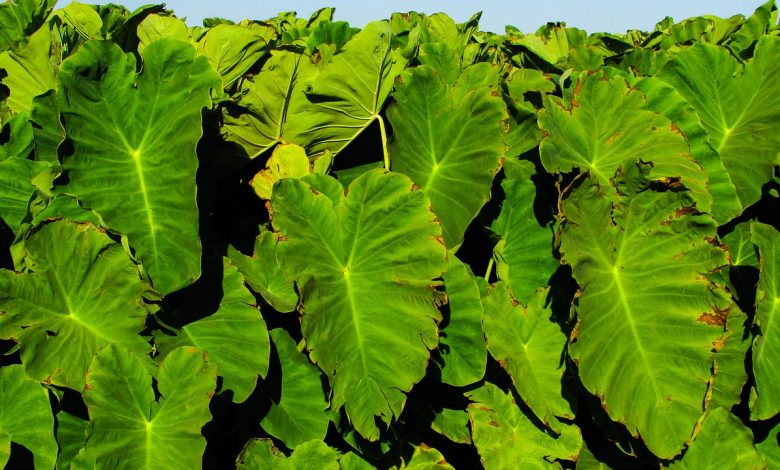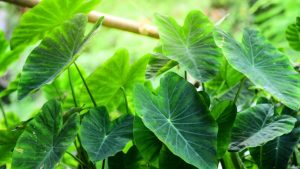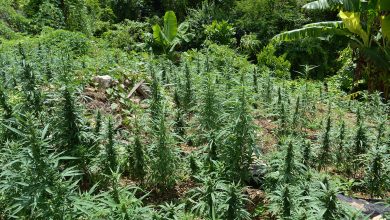
Plant-Based Masks: HS Student’s Solution for Pandemic Waste
An 18-year old from General Santos City wants to put taro leaves in our face masks.
According to a DENR report last April 2021, there were, at the time, 52,000 metric tons of hospital waste generated by the pandemic. And that’s only accounting for the hospitals. But can we really blame ourselves?
The thing is: face masks are absolutely essential in surviving this pandemic. We can’t exactly make them optional in the name of the environment. So what can we do?
And then there was Taro
Good thing an 18-year-old from General Santos City named Kiara Raye Cartojano had a stroke of brilliance. She had the idea to develop a wax that would help improve the lifespan of reusable face masks.
Her chosen ingredient? Taro leaves. Yes, from the crop that gives us our beloved laing.

Her recent research, called “TAKIP ”, explores the feasibility of using wax from the heart-shaped taro leaf as a hydrophobic coating for reusable face mask fabric.
Taro is a fast-growing plant that is widely cultivated in tropical and subtropical regions of the world. It is adaptable and widely available. But if left unchecked, can displace other plant life.

Cartojano said that turning taro leaves into wax is much better than letting them conquer agricultural areas.
RELATED: Filipino Scientists are the Future
Fighting Nature with Nature
A hydrophobic layer, which repels water, is an important characteristic that enables masks to protect users from possible transmission of COVID-19 and other pathogens.
Cartojano conducted an experiment earlier this year immersing taro fragments in hexane, a petrochemical solvent that was accessible to her during the testing phase. As the solvent evaporated, it left behind a wax that she then applied to square cotton fabric samples to test for hydrophobicity.
Tests show that applying taro leaf wax to reusable face masks made the fabric hydrophobic, giving them a longer absorption time in water compared to samples with no coating.
“Some reusable face masks now even have slots in between the fabric to fit filters,” Cartojano said.
“Basically, the hydrophobic coating from taro leaf wax is just a more sustainable enhancement for protection.”

Birth of an Idea
The amount of medical waste in General Santos City inspired Cartojano.
With a population of more than 660,000 people, it generates almost 140 tons of trash every day. This also includes face masks that often end up in environmentally sensitive areas if they’re not collected efficiently.
While exciting, Cartojano’s invention isn’t meant to eradicate all the wastes produced by the world. With no assurance of when the COVID-19 pandemic will end, it’s simply a step into the right direction of sustainable alternatives. Not just to face masks, but this could even change the way we produce some things beyond the pandemic. Who knows, manufacturers can look into taro when trying to mitigate the waste of certain reusables (or creating biodegradable disposables).
Good work, Kiara Raye Cartojano! You’re doing your country proud!
RELATED: Carvey Maigue Awarded for Solar Windows Made from Rotten Vegetables




